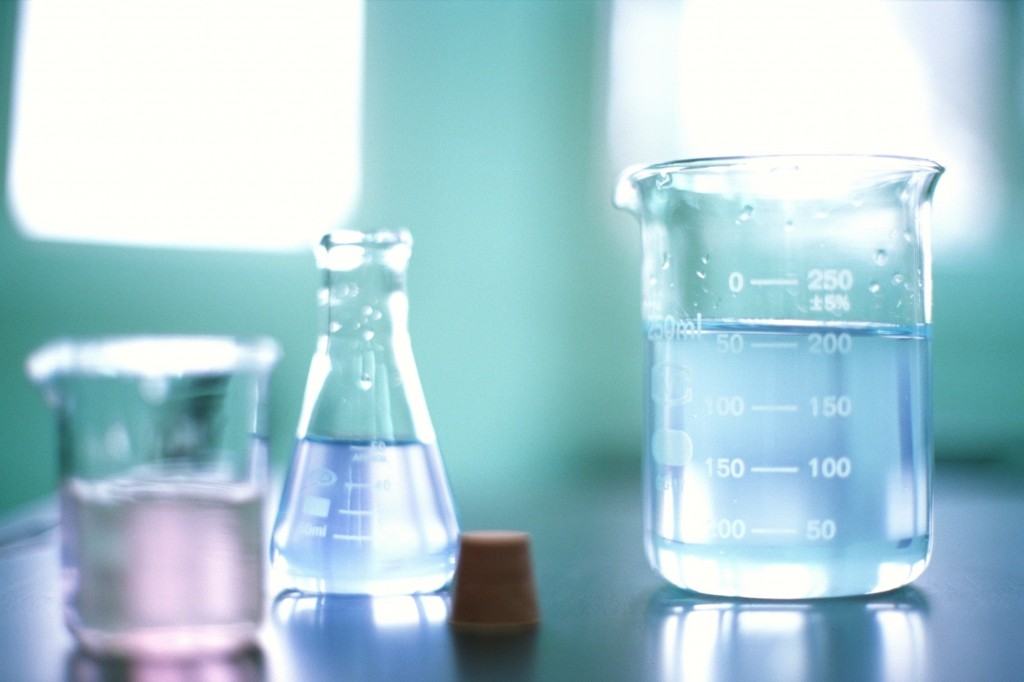By the CIEL Chemicals Team
Over the past ten years, CIEL has helped to shape the Stockholm Convention on Persistent Organic Pollutants (POPs). From April 25-29, 2011, our Chemicals Team is in Geneva for the Fifth Meeting of the Conference of the Parties (COP5). The Stockholm Convention, a global accord ratified by over 170 countries, places international limits on chemicals like DDT, dioxins, brominated flame retardants, and other chemicals that are toxic, accumulate in living organisms, last for years and can travel long distances through wind, water and other media.
The Parties to the Stockholm Convention are gearing up for a week of intense negotiations. Here’s a brief line-up of key issues that CIEL will be following—
- Banning a Toxic Pesticide: Endosulfan, a dangerous pesticide that is still used in 27 countries, has been linked to over 150 diseases and abnormalities. It has been found in human blood and mothers’ milk. Eighty countries have banned or phased-out endosulfan. India, a major producer and user of endosulfan, has strongly opposed restrictions. Endosulfan is sadly still being detected in the soil, plants and animals in the Kasaragod district of India, though it was last sprayed in the district a decade ago. CIEL urges all Parties to support listing endosulfan for elimination in the Stockholm Convention, without exemptions.
- Closing the Door on Listed Substances: At COP4 in 2009, nine new POPs were added to the Convention. At COP5 Parties will consider recommendations for eliminating the newly listed POPs, especially those chemicals such as brominated flame retardants with numerous exemptions. In addition, lindane and DDT, which are allowed for public health purposes, now have more effective alternatives for these purposes. The review and reporting of DDT and lindane usage and continued need is another contentious issue for the Parties.
- Improving the Effectiveness of the Convention: Parties will also face a set of perennial issues that have slowed progress on POPs elimination. For example, still unresolved is how to address countries that fail to meet their obligations under the treaty. In addition, lack of agreement on a voting mechanism, requires that decisions be taken by consensus. Other outstanding issues concern coordination between the Stockholm Convention and other global agreements on trade in dangerous chemicals and hazardous wastes.
- Funding Sound Environmental Practices: Under the Stockholm Convention, developed countries agreed to pay the full incremental costs that developing countries need to fulfill their obligations. There is a large gap between the needs and the amount of funds available through the financial mechanism of the Convention. At COP5 negotiations will resume on how this gap will be measured and, hopefully, closed.
The United States will again participate as an observer to the Stockholm Convention. Despite signing the treaty in 2001 under President George W. Bush, ratification has been stalled pending necessary changes to federal laws on pesticides and industrial chemicals. A new proposal in the U.S. Senate contains key language needed for U.S. ratification of the Stockholm Convention.
CIEL works closely with the International POPs Elimination Network (IPEN), a broad-based coalition of civil society organizations from around the world. CIEL will be posting on Facebook and Twitter so be sure to follow us for live updates!
Originally posted on April 22, 2011.

